|
4/20/2024 0 Comments Promoting Self-Esteem and Confidence in Students with Learning Disabilities: Unlocking Reading SuccessDiscover effective strategies to enhance self-esteem and confidence in students with learning disabilities through reading success. Create a supportive learning environment, set achievable goals, utilize multisensory approaches, and collaborate with parents to empower students and nurture their belief in their abilities. Read more to unlock the full potential of students and boost their self-esteem and confidence. For students with learning disabilities, building self-esteem and confidence can be a significant challenge. The academic struggles they face can often impact their self-perception and confidence levels. Studies have shown that students with Dyslexia tend to be more anxious, more depressed, and had more distressed self-esteem compared to their non-dyslexic peers (Ihbour, et al., 2021). Oftentimes, the percentage of psychiatric comorbidity is higher for students with Dyslexia as well. As educators, we have a unique opportunity to empower these students by fostering reading success. By creating a supportive environment and implementing effective strategies, we can help them develop a positive self-image and unlock their full potential. In this blog, we will explore the connection between reading success, self-esteem, and confidence, along with practical techniques to promote self-esteem and confidence in students with learning disabilities. The Impact of Reading Success on Self-Esteem and Confidence: Reading success can be a catalyst for building self-esteem and confidence in students with learning disabilities. When students experience progress in their reading abilities, they gain a sense of accomplishment and develop a positive self-perception as capable learners. Here's how reading success contributes to self-esteem and confidence: Academic Achievement: Reading success boosts academic achievement, providing students with a foundation for success in other subjects. As students improve their reading skills, they gain a sense of competence and achievement, reinforcing their belief in their abilities. Increased Independence: Proficient reading skills empower students to access information independently, explore their interests, and engage with the world. This newfound independence enhances their self-reliance and confidence in their ability to navigate academic and everyday challenges. Enhanced Communication: Reading proficiency enables students to express their thoughts and ideas effectively. As students become better readers, they develop stronger communication skills, leading to improved self-expression and increased confidence in their ability to communicate with others. Expanded Opportunities: Reading success opens doors to a world of opportunities. It broadens students' access to a wide range of texts, knowledge, and experiences. When students realize they can engage with literature and information independently, their confidence in their abilities grows, paving the way for future success. Promoting Self-Esteem and Confidence in Students with Learning Disabilities: Provide Individualized Support: Tailor your instruction to meet the unique needs of each student with learning disabilities. Offer targeted interventions, accommodations, and modifications that allow them to access and succeed in reading tasks. Recognize and celebrate their progress to foster a sense of accomplishment and pride. Create a Safe and Supportive Learning Environment: Foster an inclusive classroom environment that values and respects each student. Encourage a growth mindset by emphasizing effort, progress, and resilience. Establish a culture of support, where students feel comfortable taking risks and asking for help. Set Realistic Goals: Break down reading goals into achievable steps and celebrate milestones along the way. Encourage students to set personal reading goals that align with their interests and abilities. Regularly revisit and reflect on these goals to maintain motivation and build self-confidence. Use Multisensory Approaches: Incorporate multisensory techniques into your reading instruction. Engage students' visual, auditory, and kinesthetic modalities to reinforce learning and make reading more accessible. Hands-on activities, manipulatives, and interactive technology can enhance engagement and self-confidence. Provide Positive Feedback and Encouragement: Offer specific, constructive feedback that highlights students' strengths and progress. Recognize their efforts and small achievements, reinforcing their self-esteem and motivation. Encourage peer support and collaboration to foster a positive classroom community. Cultivate a Love for Reading: Help students develop a positive attitude towards reading by exposing them to a variety of texts, genres, and formats. Provide opportunities for choice and autonomy in reading selections to tap into their interests. Celebrate reading achievements and create a culture of reading enjoyment in your classroom. Collaborate with Parents and Support Services: Maintain open lines of communication with parents and involve them in their child's reading journey. Share strategies and resources that can be implemented at home to support reading development and boost self-esteem. Collaborate with support services, such as special education professionals or reading specialists, to ensure a comprehensive and coordinated approach. Promoting self-esteem and confidence in students with learning disabilities is a powerful way to unlock their potential. Reading success can be a catalyst for building self-esteem, fostering independence, and empowering students with learning disabilities. By providing individualized support, creating a supportive learning environment, setting realistic goals, using multisensory approaches, providing positive feedback, cultivating a love for reading, and collaborating with parents and support services, we can help students develop a positive self-image and belief in their abilities. Together, let's empower students with learning disabilities and pave the way for lifelong learning and success. Happy Teaching! Miss Rae References: Ihbour, S., Anarghou, H., Boulhana, A., Najimi, M., & Chigr, F. (2021). Mental health among students with neurodevelopment disorders: case of dyslexic children and adolescents. Dementia & neuropsychologia, 15(4), 533–540. https://doi.org/10.1590/1980-57642021dn15-040014 Related resources...
0 Comments
|
CategoriesAll 504 Academic Testing Academic Testing Reports Achievement Testing Reports Back To School B/d Reversals Coronavirus COVID-19 Discrepancy Model Distance Learning Distance Learning With LD ELL Emotional Disability Executive Functioning Extended School Year First Year Special Education Teacher Advice Fluid Reasoning FREEBIES Goal Tracking IEP IEP At A Glance IEP Goals IEP Meetings Learning Disability Oral Reading Fluency Positive Affirmations For Special Education Students Progress Monitoring Reading Remote Learning RTI Rubrics Running Records SEL For Learning Disabilities Social Emotional Learning Special Ed Teacher Interview Questions Special Ed Teacher Job Description Special Education Special Education Progress Reports Special Education Reading Special Education Reading Programs Special Education Students Special Education Teachers Special Education Teachers Positive Affirmations Special Education Teacher Tips Special Education Websites Specially Designed Reading Instruction Teaching Strategy Trauma Wilson Reading Wilson Reading IEP Goals Writer's Workshop |
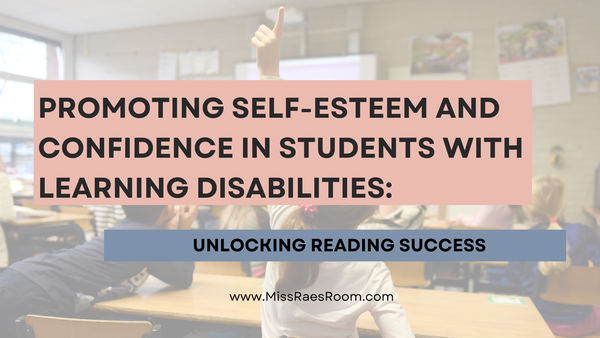
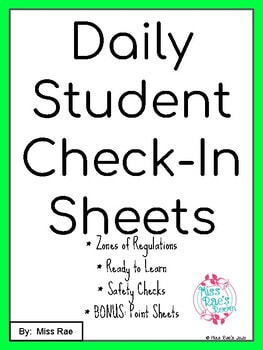
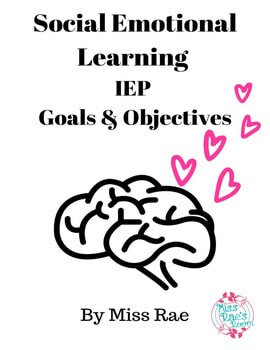
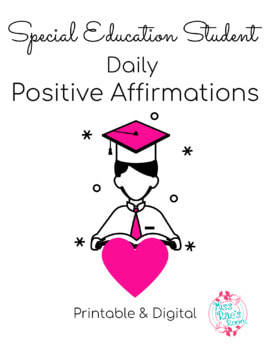
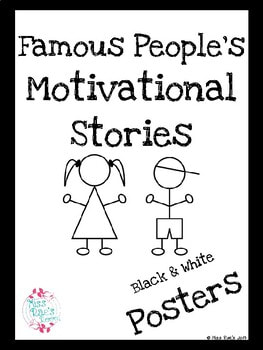
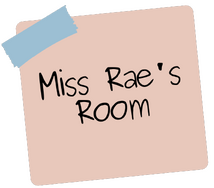
 RSS Feed
RSS Feed